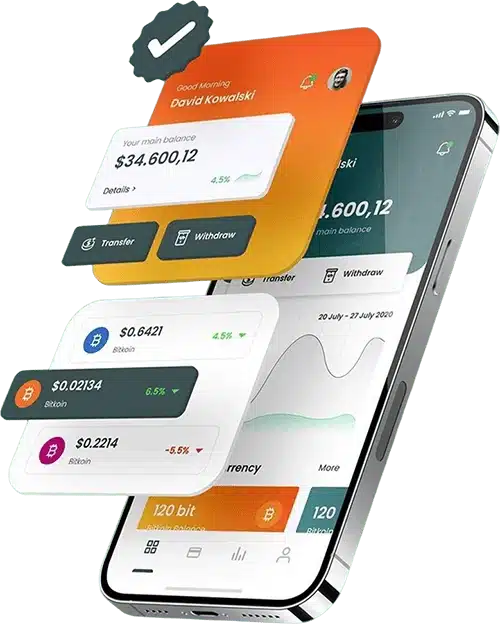Ready to Scale? Let's Make It Happen!
Why Choose Yellow Beez For Your Mobile App Development?
We Work On-
4.9 Google Average Rating
Based on 582 reviews
Best In Search User Friendly


Mobile App Development
Build Brilliant Apps That Users Love
From vision to launch, we craft mobile apps that captivate users and drive business growth. Whether you’re a startup or a scaling brand, our expert team transforms your ideas into powerful digital products. With user-first design, seamless functionality, and end-to-end development, we help you unlock growth, boost engagement, and stay ahead of the curve. Get custom iOS, Android, or cross-platform apps built to perform. Let’s turn your mobile dream into a reality today.
- Launch Fast
- Engage Users
- Scale Easily


Mobile App Magic: From Idea to Iconic Success
Your app idea deserves more than just code — it needs strategy, style, and speed. At our mobile app development studio, we blend cutting-edge tech with human-centered design to build apps that delight users and drive revenue.
From sleek startups to bold brands, we create custom iOS, Android, and cross-platform apps that perform flawlessly and scale effortlessly. Ready to turn your concept into a high-performing digital product?
From Concept to Code: Your App, Perfected
Turn your mobile app idea into a revenue-generating reality. We specialize in building high-performance iOS, Android, and cross-platform apps that solve real problems and spark user loyalty. From initial brainstorming to final launch and beyond, our team handles every step with precision, creativity, and a growth-focused mindset. Get a future-ready app designed to engage users, scale smoothly, and elevate your brand’s digital presence.
- Built To Scale
- User First UX
- Launch Ready
- Boost Revenue
- Rank Higher
- Get Found Fast
- SEO-Driven UX



UI/UX Design
- Wireframing & Prototyping
- Interactive User Interface
- User Experience Optimization
- Platform-Specific

App Deployment
- Play Store & App Store Submission
- App Updates & Bug Fixes
- Performance Monitoring
Questions & Answers
What is Mobile Application Development?
Mobile application development is the process of creating software applications that run on mobile devices like smartphones and tablets. These apps are designed for platforms such as Android and iOS.
The process includes UI/UX design, coding, testing, and deployment on app stores (like Google Play or the Apple App Store).
What are the different types of mobile apps?
Mobile apps are generally classified into three types:
Native apps – Built for a specific platform using platform-specific languages (e.g., Swift for iOS, Kotlin for Android)
Hybrid apps – Built using web technologies (HTML, CSS, JavaScript) but run inside a native container
Web apps – Mobile-friendly websites that look and feel like apps but run in a browser
Each type has its own development cost, performance level, and user experience.
How long does it take to develop a mobile app?
The app development timeline depends on various factors, including:
App complexity (basic, medium, advanced features)
Number of platforms (Android, iOS, or both)
UI/UX design requirements
Backend development and third-party integrations
A simple app may take 1–2 months, while a complex app with advanced features could take 4–6 months or more.
What technologies are used to build mobile apps?
Mobile apps are built using various programming languages and development frameworks, depending on the platform and type of app.
For native Android apps, developers use Java or Kotlin.
For native iOS apps, they use Swift or Objective-C.
Cross-platform apps are developed using frameworks like Flutter, React Native, or Xamarin.
For backend development, technologies like Node.js, Firebase, or Python (Django) are commonly used.
APIs, cloud integration, and databases like SQLite or MongoDB are also part of the tech stack.
Choosing the right tech stack ensures better app performance, scalability, and user experience.
What is the process of mobile app development?
The mobile app development process usually follows these key stages:
Requirement analysis – Understanding business goals and target audience
Wireframing & UI/UX design – Designing the app interface and user experience
App development – Coding the frontend and backend
Testing – Ensuring the app is bug-free and performs well
Deployment – Launching on the Google Play Store or Apple App Store
Maintenance & updates – Regular improvements and bug fixes
This process ensures a smooth mobile app lifecycle and better performance.

